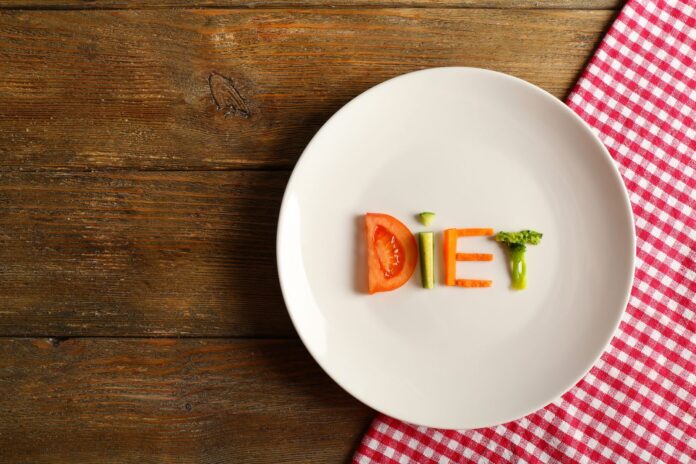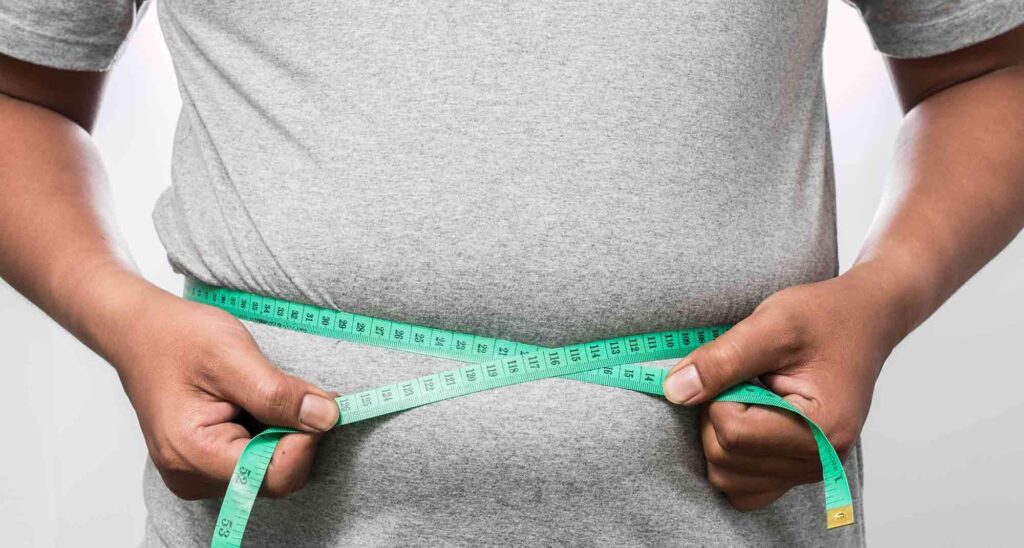
Being overweight can take a massive toll on you or your loved one’s emotional health. Studies show that the stigma associated with obesity may lead to a slew of psychological and physiological effects like anxiety, depression, and lowered self-esteem. These effects may fuel other bad habits like avoidance of medical care, disordered eating, and avoidance of exercises.
To suppress these effects if you or your loved one is already battling obesity or at risk of being overweight due to a family history of the condition, you can check out Andrea’s Digestive, Colon, Liver, And Gallbladder Clinic for dietary advice to manage your condition. At the facility, we have registered dietitians and nutritionists who will help you choose your meals wisely to manage the disorder.
More information can be found at andrea-digestive-clinic.com
You may get a meal plan when you’re getting started on managing weight but, you should not expect the dietitian who will be helping you with dietary advice for overweight to give you a meal plan after you’ve put your weight in control. Considering how restrictive meal plans are, your dietitian is unlikely to provide you with one. Instead, they will discuss your dietary needs with you so it is easy for you to select and stick to healthy foods instead of restricting you to foods and recipes that may be hard to find or make but also costly.
What Dietary Advice would a Dietitian Give to an Obese Person?

When giving dietary advice to obese patients, the focus is to ensure that they get enough nutrients and calories. Ideally, the dietitian will not drastically cut calories or eliminate certain food groups like carbs, as this may only open avenues for nutritional complications.
Real quick, here are some of the helpful dietary recommendations that a dietitian would give an obese person.
-
Developing a Healthy Eating Plan with Regular Physical Activity

Depending on your condition’s severity, you may need to follow a healthy eating plan consisting of fewer calories as the first step in managing obesity and overweight. When you begin this healthy eating plan, it would also help if you get started on regular physical activity to burn excess calories.
Regular physical activity may also be recommended to help you maintain a healthy weight. Now, to benefit from your eating plan and physical activities, you will need to be ready to change your habits.
We acknowledge that changing your normal physical activity habits, eating habits, and lifestyle may not be easy. Therefore if the dietary advice you got from the dietitian involved a meal plan, you would need to be patient, and keep pushing. With the continued support from the RDN and your loved ones, you will ultimately begin to see an improvement in your health and weight in general.
Here are a few things that can make your transition from the bad, unhealthy habits to the new helpful habits easy:
- Expect a Few Setbacks along the way: Your transition isn’t going to be a smooth one. Importantly, you may run into setbacks like overeating, most probably in a gathering, at home, or in your workplace. The best dietary advice in this case would be to back up from such setbacks by recollecting yourself again and focusing on getting yourself back on track.
- You can also avoid such setbacks in the future by ensuring that you only eat when settled on your kitchen table or the dining table. Importantly, ensure that you chew your food slowly every time you eat, and eat slowly so your brain can recognize when you’ve had enough.
- We also recommend that you try to keep off locations where tempting treats could be readily available when you get back to work or when relaxing at home. You can also track progress by looking into your body weight and maintaining a record of the foods you eat and physical activities you engage in.
- You can also minimize the risks of running into such setbacks by setting practical goals on what to achieve. This will make it easy for you to stay on track. Finally, feel free always to seek support and encouragement from your loved ones, the dietitian, and other health professionals to help you stay on track.
-
Special Diet Recommendations

Your dietitian or weight loss expert may also recommend special lower-calorie diets when giving you important dietary advice to manage your condition. For instance, if you are a man, they may recommend a calorie diet ranging from 1500 to 1800 calories each day.
If you’re a woman, you can benefit from 1200 to 1500 calories per day. The calorie levels recommended for you will depend on factors like physical activity level and body weight.
Besides the special diet recommendations, intermittent fasting may also be recommended among the helpful dietary advice for obese patients. You can benefit from alternate-day fasting, which would involve ‘fast day’ where you eat zero calories to one-fourth of your caloric needs, and alternate it with a ‘fed day’ where you do not restrict what you eat.
There are no long-term data that assert the efficacy of intermittent fasting in weight loss. Therefore, it would be better if you only stick to your provider’s guidelines on what they believe would be best for you.
Can Obesity be reversed?

If you are morbidly obese, you may have complications going around your day to day activities like breathing and walking. To gain weight to the extent of becoming morbidly obese, you must have consumed more calories than the amount your body can comfortably burn and utilize.
Therefore, your body will be storing the extra calories as fats. As you continue consuming more calories, your fat stores will continue getting more prominent, thus causing obesity and even worse off morbid obesity.
To diagnose this condition, your doctor will physically examine you and ask questions about your situation. Your treatment may involve surgery or medication with diet and exercise.
Morbid obesity can be reversed for most people. It can also be prevented, so it would help if you seek dietary advice from a registered dietitian if you’re at risk of obesity to avoid it.
Final Word
The dietary advice you will get from your dietitian if you’re struggling with overweight will only be helpful if you can follow them. If for any reason you can’t follow the recommendations, be sure to inform the RDN so they can give you better alternatives. If you have any inquiries about dietary advice for obese patients, get in touch with us now and we’ll be glad to help you out.








